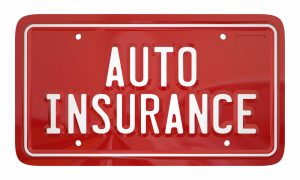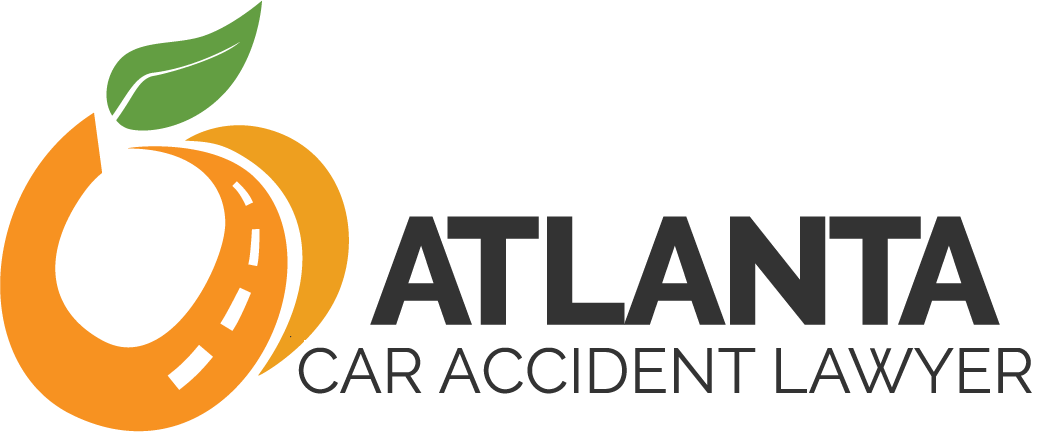
No fault insurance means that no matter who is to blame in an accident, your own insurance policy pays for your injuries and property damage. You can only file a lawsuit against another driver if the injuries or damage are greater than your insurance coverage. Georgia does NOT have no fault insurance.
Instead, Georgia is known as a “fault” state. This means that the driver who is at fault in an accident must pay for ALL the injures and vehicle damage caused by the accident. Your own insurance policy will probably only come into play if you are at fault or if the other driver does not have insurance.
How does no fault insurance work?
In states that have no fault insurance laws, you are required to have personal injury protection (PIP) on your car insurance policy. If you are injured in an accident, your PIP will pay for your injuries, up to the maximum amount of coverage under your policy. If you have collision coverage, that portion of your insurance policy will pay for your vehicle damage.
No fault insurance makes it easier to resolve claims involving relatively minor accidents, since the insurance companies do not have to argue about who is at fault. However, in a more serious accident, you may max out your insurance coverage. If that happens, you can file a lawsuit against another driver. However, to recover money, you will have to prove who is at fault.
How is Georgia’s “fault” system different?
Most states have a system like Georgia’s, which holds the driver who is at fault legally responsible for all the injuries and damage. This means that fault is a key part of any accident claim. Usually, a driver is at fault because he or she was careless, or “negligent.” This might mean that the driver wasn’t obeying traffic laws, was tailgating or driving aggressively, or was distracted and not paying close attention to the road.
Insurance company adjusters will review the police report, vehicle damage, witness statements and other evidence to decide who was at fault. If the other driver was at fault, the other driver’s insurance policy will pay for your injuries and property damage. If you were at fault, your insurance company will pay for the other drivers and passengers who were injured. Because fault is so important in a car accident claim, it is important to never accept the blame or apologize for an accident. Anything you say to the other driver, the police, witnesses or the insurance company can be used against you.
What if more than one person was at fault?
Sometimes, the insurance company finds that more than one driver is at fault. Georgia uses a system called “modified comparative negligence” to decide who can recover money, and how much.
The concept of “comparative negligence” is pretty simple. It says that you can still recover for your injuries and property damage, even if you were partially at fault in the accident. Georgia is a “modified comparative negligence” state because its laws limit who can recover money in comparative negligence cases. In Georgia, the insurance company will decide what percentage of fault each driver has. If you are 50 percent or more at fault, you cannot recover money. If you are less than 50% at fault, you can still get money, but you will get a reduced amount because you are partly at fault.
Insurance companies don’t like to pay out claims if they don’t have to, and one way they try to avoid paying is to say you were partly at fault. A car accident attorney in Atlanta Georgia will launch an independent investigation of your case, assembling evidence to show just how it happened and who is to blame. Then your lawyer can take this hard evidence to the insurance company, making a strong case that you are not at fault and are entitled to recover ALL your costs. Having a lawyer on your team can mean you get substantially more money than you would otherwise.
Talk to an Atlanta Car Accident Lawyer for Free
Our lawyers have spent decades fighting for people who have been injured in accidents. We never charge a fee unless we get you money. Let us give you a FREE, no obligation consultation to talk about your case and explain your options. Call us at (404) 341-6555 or fill out the form to the right to get your free consultation today.





